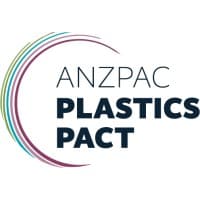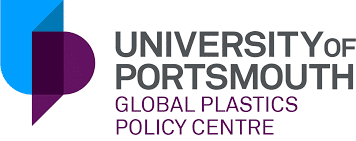
Regional EPR in SIDS and Remote Geographies
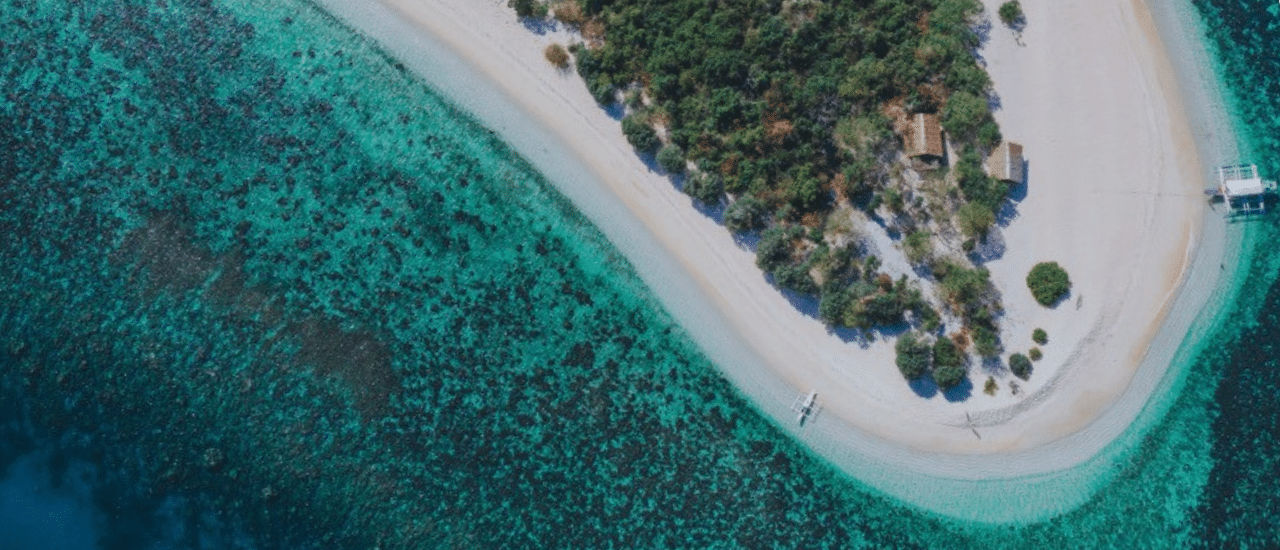
Small Island Developing States are on the frontlines of a plastic pollution crisis not of their making.
To safeguard SIDS’ environments, economies and health, urgent solutions are required across the entire lifecycle of plastics – at the national, regional and global level.
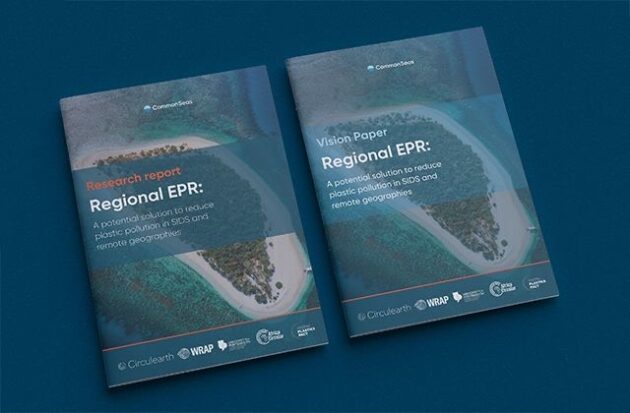
New research led by Common Seas and Circulearth explores how a regional approach to EPR could provide a sustainable solution to waste management challenges in remote island geographies, reducing plastic pollution and strengthening blue economy resilience.
Developed in collaboration with WRAP, Africa Circular, the Australia, New Zealand and Pacific Islands Plastics Pact (ANZPAC) and the Global Plastics Policy Centre, the research suggests that, when tailored to the realities of SIDS, a regional EPR approach has the potential to pool resources, significantly reducing the strain on under-resourced national waste systems, unlocking shared infrastructure solutions, and supporting the development of sustainable financing mechanisms for waste management.
Endorsed by 40 organisations globally
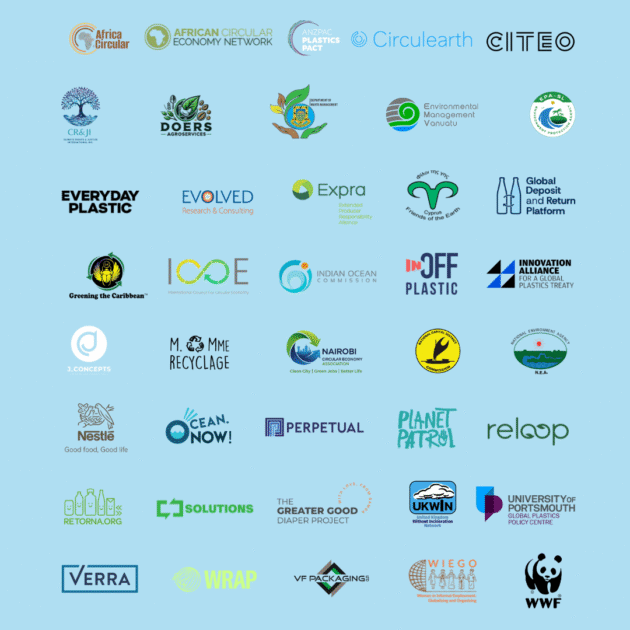
40 organisations across sectors globally have supported a new Vision Paper – “Regional EPR: A potential solution to reduce plastic pollution in SIDS and remote geographies” – which sets out key findings from the research.
Endorsers include Nestle, CITEO, WWF and the International Council for Circular Economy, alongside environmental departments of several countries including Tuvalu and Papua New Guinea.
This support sends a strong signal that stakeholders across sectors are ready to collaborate at a regional level to ensure that action is taken to protect the countries at most risk from plastics pollution.
Exploring implementation in the Indian Ocean
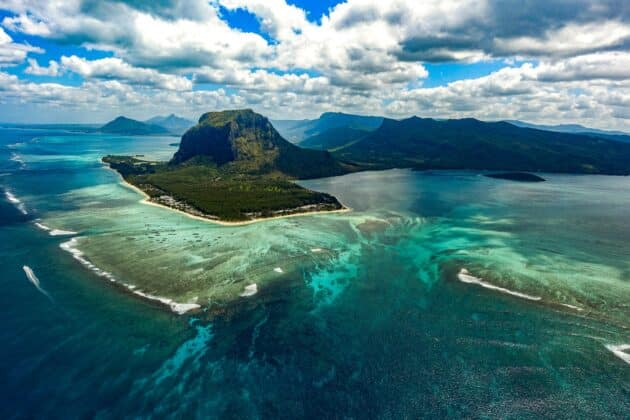
Around the world, SIDS are leading the way in regional innovation to address the risks of the triple planetary crisis that they often experience first.
Following from this research, Common Seas and the Indian Ocean Commission (IOC) are exploring the implementation of the first regional EPR scheme in the SIDS context, tailored to the unique needs of IOC’s state members. Common Seas is supporting this work through our Government Partnerships programme.
This is based on the proposal made by GAP for EPR, Africa Circular and the IOC, after member states – the Union of Comoros, Réunion, Madagascar, Mauritius and the Seychelles – identified regional EPR as an opportunity to enhance efforts to tackle plastic pollution.

“We are encouraged to see the broad support for this research from SIDS governments, private sector, PROs and civil society alike. Cross-sectoral and regional collaborations like these are vital to drive inclusive and innovative solutions to the pressing plastic problem in SIDS.”
Thais Vojvodic Director of Partnerships
Statements of support
“Plastic pollution represents one of the most pressing environmental and economic challenges facing SIDS today. Despite contributing minimally to global plastic production, our island states bear a disproportionate burden from land-based mismanaged plastics and “legacy” waste arriving from distant sources. The IOC recognizes that a regional EPR approach offers a timely and pragmatic solution, enabling collective action, sustainable financing, and greater negotiating power for SIDS in global markets.”
“I believe that the regional approach to Extended Producer Responsibility (EPR) presents a transformative opportunity for Small Island Developing States (SIDS) to overcome shared challenges of scale, capacity, and resource limitations. By fostering regional collaboration, harmonised systems, and shared infrastructure, SIDS can more effectively manage waste streams, reduce marine pollution, and promote circular economy practices.
From my experience working in the Caribbean, I believe such an approach will not only strengthen environmental governance but also unlock economic and social co-benefits that contribute to sustainable island futures.”
“We recognize the value of regional collaboration and context-specific solutions while emphasizing the need for coherence with global frameworks and national positions, to ensure a unified and effective global response to plastic pollution and support the intent of the Regional EPR for SIDS vision paper as an important step in Small Island Developing States.”
“Tuvalu fully supports the Vision Paper on Regional Extended Producer Responsibility (EPR) in SIDS and Remote Geographies. As a small and remote island nation, Tuvalu faces significant waste management challenges due to limited land, resources, and market access. A regional EPR approach offers a practical and collaborative solution to share responsibilities, reduce waste, and strengthen circular economy systems across the Pacific. Tuvalu stands ready to work with regional partners and stakeholders to advance this vision for a cleaner and more sustainable future.”
“It is in everyone’s interest to support SIDS in fighting plastic pollution. EPR is a crucial instrument in financing and organising infrastructure to reduce plastic pollution and needs to follow wherever plastic products are being put on the market, especially when it comes to packaging. We can’t leave SIDS alone to deal with the imported problems of plastic. If money can be made from importing and selling the plastics to the islands, then money can also be made available to preventing it from entering our shared ocean.”
“The National Environment Agency of The Gambia, in its fervent quest for a world free of plastic pollution, supports this research into regional EPR for both SIDS and LDCs who are disproportionally affected by plastic pollution.”
“The aggregation of resources – in terms of waste materials, technical knowledge as well as governance capacity – in regional co-design of a workable solution, addresses a number of local issues preventing effective waste management.
The African Circular Economy Network supports the vision of regional EPR for small island states and remote geographies and looks forward to seeing this vision implemented.”
“EPR has become a critical tool to manage waste, provide financing for the circular economy and catalyze innovation. By expanding EPR to remote geographies while recognizing their unique constraints and opportunities, we hope this can unlock benefits for SIDS. We support a regional vision for EPR in SIDS, while advocating that innovation is included as a key element to EPR design.”
“Taking a regional approach to EPR could help SIDS overcome scale and capacity constraints by pooling resources, harmonising standards and sharing infrastructure – driving higher collection, better data and lower system costs. This aligns with Reloop’s programmes that underpin a global circular economy for packaging.”
“This report brings an important contribution by addressing key themes related to EPR including the relevance of engaging with informal waste pickers. This is extremely important as the discussion about what are the necessary conditions to ensure that circularity is delivered ensuring just transitions for informal waste pickers is of paramount importance.”
“We fully support the Vision Paper on Regional Extended Producer Responsibility (EPR) in Small Island Developing States (SIDS) and Remote Geographies, recognizing its vital role in advancing sustainable waste management and circular economy practices in regions facing unique logistical and environmental challenges. This vision highlights the importance of shared responsibility, where producers, governments, and communities work collaboratively to ensure that products and packaging are managed responsibly throughout their lifecycle. By promoting regional cooperation, resource efficiency, and inclusive systems that empower local recyclers and waste workers, this initiative sets a strong foundation for resilient and sustainable economies. We believe that a regional EPR framework tailored to the realities of SIDS and remote areas will not only reduce pollution and waste leakage but also create green jobs, innovation, and social equity—especially among grassroots waste pickers and recyclers who play a crucial role in material recovery. Together, we can turn this vision into action and ensure that no geography is left behind in the global transition toward circularity and environmental justice.”
“The Global DRS Platform welcomes this report, which highlights the importance of well-designed Extended Producer Responsibility systems involving all stakeholders across the value chain. We believe that, within such frameworks, Deposit Return Systems can play a positive role in increasing reuse and recycling performance and reducing marine and land-based litter. The regional approach outlined in the study provides an opportunity to explore more coordinated, efficient and inclusive solutions.”
“As a waste recycling engineering office, we value Extended Producer Responsibility as the only mean to a high recycling efficiency.”
“We at PCX Solutions fully support the Vision Paper on Regional EPR for SIDS and remote geographies. A regional approach is critical in addressing challenges faced by SIDS. We applaud this initiative’s commitment to innovation, accountability, and shared responsibility. At the same time, we recognize that for EPR to be effective, local realities must be strongly considered. This may require frameworks that differ from existing EPR schemes in the Global North. We look forward to contributing to its operational success.”
“Perpetual is pleased to support this vision paper, which underscores the importance of regional collaboration to address plastic pollution in SIDS and other remote geographies. We believe that for EPR systems to be truly effective in these settings, they must prioritize upstream strategies—especially reuse models that are locally adaptable and resource-efficient. In island and remote contexts where waste collection and export are costly and logistically challenging, reuse offers a powerful means to reduce dependency on imported single-use materials, strengthen local economies, and foster community-driven circular systems. Embedding reuse within EPR frameworks can help shift the focus from managing waste at the end of life to designing systems that prevent waste altogether.”
“Verra supports the vision for regional EPR in SIDS and remote geographies. Through our Plastic Program, we aim to complement EPR systems by providing trusted measurement and verification systems, mobilizing private finance, and ensuring measurable, socially inclusive outcomes in plastic waste collection and recycling activities in emerging markets and developing economies. We look forward to continued collaboration with Common Seas and partners to advance credible, results-based financing solutions for plastic pollution.”
“The CARICOM region continues to face setbacks due to poorly designed legislation, inadequate support from larger international partners and a tendency for nations to operate in isolation. With the right collaboration and strategic backing, however, Extended Producer Responsibility systems could be effectively implemented across the region, yielding significant environmental, social, and economic benefits while driving sustainable industrial growth.”
“Planet Patrol’s citizen scientists record plastic litter around the world, often thousands of miles away from its point of origin. We wholeheartedly support this important paper which acknowledges the different context that SIDS present when considering the disproportionate impact of plastic pollution, and how it could be managed through a regional EPR framework.”
“For every tonne of plastic incinerated more than 2 tonnes of CO2 is released, as the carbon in the plastic combines with oxygen in the air to produce CO2. It is vital for the climate that plastic is not incinerated. Anything that helps promote sound management of plastic – and the circular economy – is to be encouraged.”
“Ocean. Now! endorses this vision paper, due to the urgency of addressing the unique plastic pollution challenges facing SIDS.”
“DOERS AgroServices is pleased to express its support for the principle of a regional approach to Extended Producer Responsibility (EPR) as a potential solution to address plastic pollution challenges faced by Small Island Developing States (SIDS). We recognize that SIDS face unique barriers to effective plastic waste management, including limited land space, high import dependency, and costly logistics. We believe that a collaborative, cross-sectoral approach to EPR could help overcome these challenges and foster more sustainable waste management systems across the region. As an organization committed to sustainable development and environmental stewardship, DOERS AgroServices supports the exploration of regional EPR frameworks.”
Learn more about plastic in SIDS

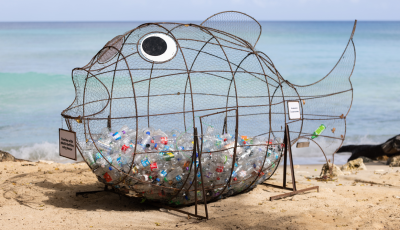
Small countries, big impact: Why the plastics treaty must address the needs of Small Island Developing States
Read post
Effective National Planning to Coordinate Action on Plastic Pollution
View resourceConnect with us
Contact us to connect about our work co-developing solutions to plastic waste and pollution challenges in SIDS and remote coastal geographies.





